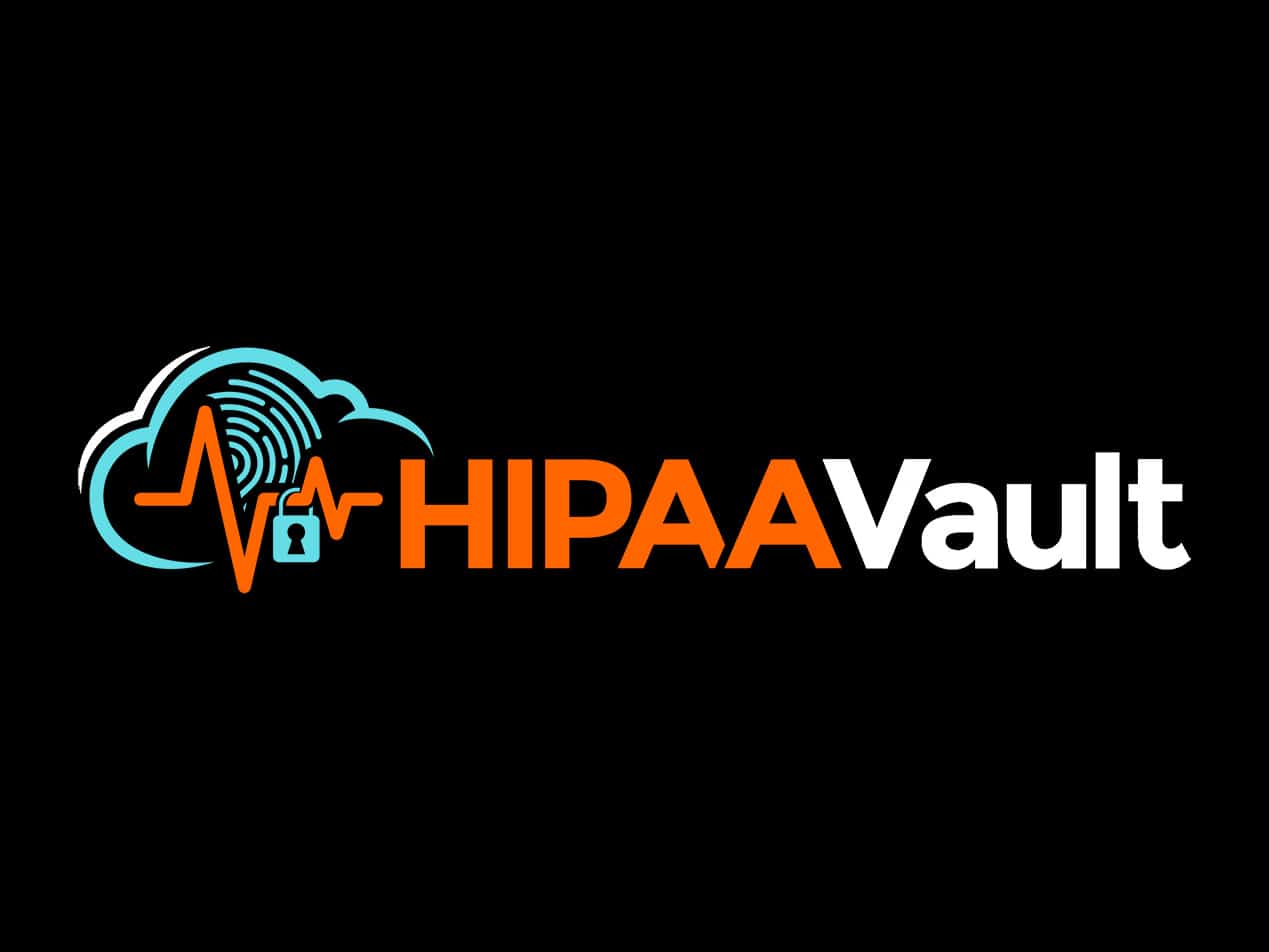
HIPAA safeguards protected health information (PHI) and sets standards for patient privacy and security. One of the aspects of HIPAA is the implementation of standardized identifier systems, which enhances efficiency and privacy in healthcare operations.
National Provider Identifier (NPI) for healthcare providers
The national provider identifier (NPI) is a unique 10-digit identification number assigned to individual healthcare providers and healthcare organizations. Introduced by HIPAA, the NPI streamlines the process of identifying providers across different health plans. The NPI serves as a universal identifier, facilitating seamless electronic transactions between healthcare entities.
Healthcare providers are required to obtain and use an NPI when conducting electronic transactions, ensuring accurate and consistent identification in all interactions with health plans. This standardized identifier system streamlines claims processing, eligibility verification, and other administrative tasks, reducing errors and improving overall efficiency.
Employer Identification Number (EIN) for employers
For employer-sponsored health plans, the employer identification number (EIN) is a unique 9-digit number assigned by the internal revenue service (IRS) to businesses and employers. When conducting electronic healthcare transactions, employers are required to provide their EIN as part of the standard identifier information.
The use of EIN as a standardized identifier ensures that employer-sponsored health plans can be accurately identified during electronic transactions. This enables seamless coordination between healthcare providers and health plans, ultimately benefiting patients by expediting the processing of claims and eligibility verification.
National Plan and Provider Enumeration System (NPPES) ESI for health plans
Health plans participating in electronic healthcare transactions are assigned a unique 6-digit number known as the national plan and provider enumeration system (NPPES) enumeration system identifier (ESI). The NPPES ESI enables accurate identification in electronic data interchange.
With the NPPES ESI, health plans can be easily recognized and distinguished in electronic transactions. This standardized approach to identifying health plans ensures efficient and secure data exchange, further safeguarding patients' PHI and privacy.
Benefits of HIPAA's identifier standards
- Enhanced patient privacy and data security: Standardized identifiers minimize the risk of data breaches and unauthorized access to patient information, bolstering patient privacy and confidentiality.
- Interoperability and efficiency: By adopting uniform identifiers, healthcare entities can seamlessly exchange information, improving the efficiency of administrative processes and reducing administrative burdens.
- Accuracy and error reduction: Standardized identifiers minimize the likelihood of errors and discrepancies during electronic transactions, promoting accurate data exchange.
HIPAA's identifier standards promote efficiency, privacy, and security in the exchange of patient information.
Subscribe to Paubox Weekly
Every Friday we bring you the most important news from Paubox. Our aim is to make you smarter, faster.




